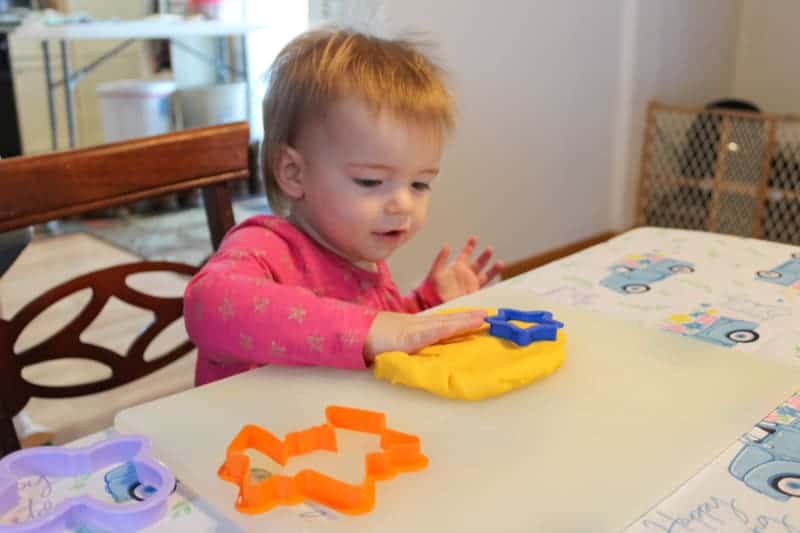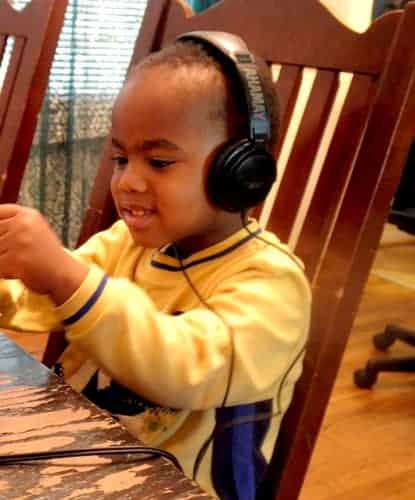Diminishing Dyslexia With Auditory Training
Getting to know how your brain processes what you hear and see is the first step towards diminishing dyslexia.
Therapies exist to keep vision clear and single; improve sound tolerance and more.
Need Help?
Cheri Moore supports emotional health while building an individualized intervention plan to improve your ability to respond and maintain progress after therapy.
“Cheri Moore is a huge advocate for students with processing challenges. She has an intense desire to bring improvements to students and is tireless in seeking out the information and therapies to bring results. She demonstrates great caring and generosity in seeking solutions for students.”
Margaret McLewin, Homeschool Plus Director, Piano & Voice Teacher
Improve Emotional Health
Dyslexia is not an IQ deficit. The constant stress of working too hard is keenly felt. Thus, it is very important to provide helpful ways to relieve stress and cope with our emotions. Anything that puts pressure on your body or hands, even in those who avoid touch, feel increased calmness.
Parents
If you are a parents and see your child become too physical, let them know they must need a hug. At first they will resist, but then you will feel them relax. Once they do, I ask if they are ready for me to let go. I encourage them to use their words instead of their hands. If needed, I role model.

Everyone
Make homemade gluten free playdough. For teens and older, provide velcro weights, clay, weighted blankets, and share these resources.
Curious? Learn more at The Ultimate Guide to Deep Pressure Therapy.

Diminishing Dyslexia with Auditory Integration Training
After Auditory Integration Training, clients gradually experience improved sound tolerance and clarity of speech. As the auditory system strengthens, your mind starts to feel calmer helping you focus and enjoy the moment.
About a year after auditory integration training with vision therapy, clients experienced improved academic performance. Additional improvements are seen in expressive speech, self-esteem, and socialization at home and away from home.
Visual Processing Difficulties Found in Students with Dyslexia
Overall, numerous studies found a higher rate of visual processing difficulties in students with a diagnosis of dyslexia when compared to typically developing students.
Thus far, all my clients with a diagnosis of dyslexia struggled with visual processing difficulties and sound intolerance.
Keeping vision single and clear decreases reading comprehension because the brain is too busy keeping vision clear to remember what you just read.
When there are food allergies, food sensitivities, or chronic congestion, decreased sound stimulation to the hearing system increases the risk for developmental delays. Each milestone of development occurs within certain timeframes. When something interrupts development, direct intervention and purposeful play teach those skills.
There is hope. Work with Cheri to learn more, receive advocacy help and support through referrals; understanding test results and create an action plan.

The infant’s eyes are turned towards a sound, an auditory-visual skill. From birth through childhood, auditory and visual skills develop sequentially resulting in instinctive movements.

No Results Found
The page you requested could not be found. Try refining your search, or use the navigation above to locate the post.

Join Our Community!
Get tips on how to improve your health and learn through purposeful play delivered straight to your inbox.
Resources
Christain, L., Hrynchak, P., Irving, E., Nandakumar, K. (Feb. 2018). Kids with reading problems may have abnormal binocular vision. Journal of Optometry.
Blau V., Atteveldt, N., Ekkebus, M., Goebel, R., Blomert, L. (2009). magnetoencephalographic imaging.
Raghuram, A., Gowrisankaran, S., Swanson, E., Zurakowski, D., Hunter, D., Waber, D., July 19, 2018.
